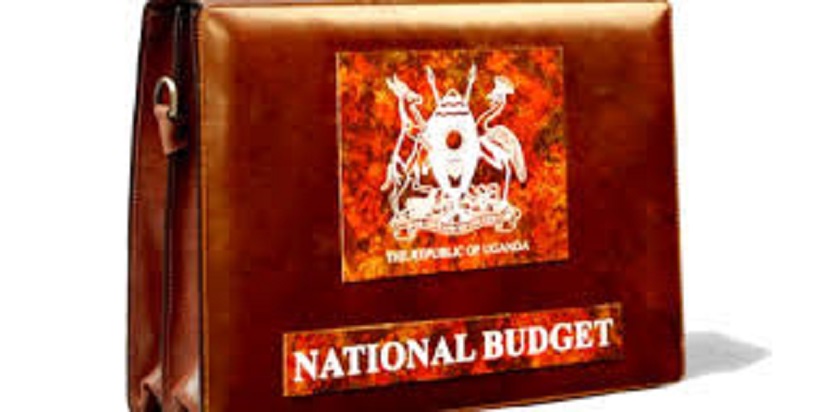Parliament recently approved the Shs72.376 trillion budget for Financial Year 2025/2026, with government set to borrow Shs32.075 trillion because taxes, non-tax revenue and grants will generate only Shs40.042 trillion.
A minority report tabled before Parliament by Kira Municipality MP, Ibrahim Ssemujju Nganda, says Ministry of Finance on page 19 of the Medium-Term Debt Management Strategy, warned Parliament that because of past global recessions, concessional lending has drastically reduced. Creditors are now focused on resuscitating their own economies.
“The biggest borrowing, 68%, therefore will be from domestic commercial banks and several other funds. Only 32% of the borrowing will be from institutions such as World Bank, IMF, ADB and other international funds,” Ssemujju says in his report.
He adds: “Only 9% of the loans to be procured for budget will be on concessional terms, 6% at semi concessional and 16.7% at non-concessional and commercial terms.”
According to Ssemujju’s report, government committed to restrict non-concessional/commercial loans to financing infrastructure and self-financing projects through on-lent agreements that have the capacity of generating non-tax revenue to enable debt repayment.
“It is now contracting non concessional loans to fund recurrent expenditures,” the report says, adding: “Over borrowing from commercial banks is crowding out the private sector and is increasing interest payment almost beyond our reach. This Financial Year, we are paying Shs 9.4 trillion in interest to commercial banks mainly and Shs 1.8 trillion interest to foreign lenders. In the next budget, interest payment will consume over Shs9 trillion.”
Ministry of Finance notes that borrowing from foreign sources poses a great risk on the country’s reserves.
“To be safe, maturing foreign debt should be kept at a certain percentage of our reserves,” Ssemujju said, asking MPs to “reflect on the debt burden you are creating before you say, “aye” to the budget.”
“Interest charged on the money we are borrowing has significantly risen and our currency continues to depreciate. This, Finance is reporting, has increased the borrowing costs and worsened Uganda’s debt burden amidst reduced foreign exchange reserves,” the report reads in part.
URA given Shs34 Trillion target
To finance the budget, Uganda Revenue Authority (URA) has now been given a Shs 34 trillion target next Financial Year. This year the target is Shs 29.3 trillion. The taxes will be comprised of direct domestic taxes (Shs12.977 trillion), international trade taxes (Shs12.64 trillion) and indirect taxes (Shs8.72 trillion).
It’s also important to note that out of the Shs72.376 trillion, Shs27.37 trillion (38% of the budget) will go to debt servicing. Uganda’s public debt stands at Shs106.22 trillion as at December 2024, according to documents tabled before Parliament by Finance Ministry.






